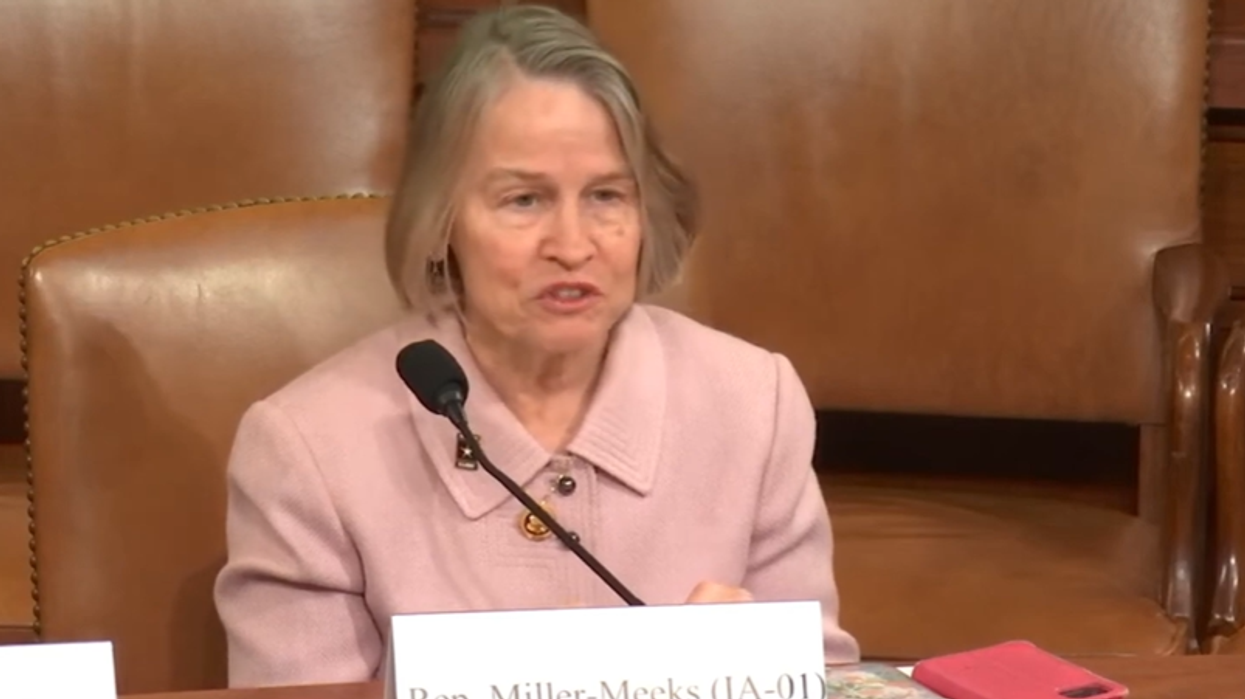Going Nowhere, Or Learning To Ignore The Plutocrats Who Cried 'Commie!'
The reaction of plutocrats to the Zohran Mamdani campaign — histrionic freakout before the mayoral election, with promises to flee New York City if he won, followed by a big “never mind” when he did — can teach us a couple of things.

First, ignore billionaires when they threaten to take their marbles and go home. The big money always responds to threats of tax hikes, or even mere verbal criticism, by threatening to go all Ayn Rand and move to Galt’s Gulch. In reality, they won’t even move to Florida.
You may recall that a couple of years ago there was a lot of talk about how the financial industry was going to flee blue-state taxes and wokeness and move to Miami. And to be fair, some companies did move. Notably, Ken Griffin, a hedge-fund billionaire and a big Trump backer, made a splash when he did indeed move the global headquarters of Citadel and Citadel Securities from Chicago to Miami.
But the second headline above comes from a CNBC report on remarks from top commercial real estate executives, who see Mamdani having little impact on booming demand for offices in New York. This includes plans by Griffin to rent substantial space in a new building at 350 Park Avenue. “Ken is committed and will have more employees at 350 Park than in Miami,” said one executive.
Why won’t plutocrats flee New York? For one thing, they’re not stupid (although they were hoping that voters were.) Mamdani might — might — be able to raise their taxes a bit. But they don’t really believe that free buses and city-run grocery stores will turn one of America’s safest cities into a post-apocalyptic landscape. And New York will retain formidable advantages thanks to agglomeration economies — the advantages of locating a business where many other related businesses are concentrated.
As Bloomberg put it,
For workers in finance and a range of other industries, no technology has so far replaced New York’s longstanding specialty, the face-to-face chat. In-person meetings remain essential for sniffing out who you can trust, what deals might be brewing and which rumors to believe. And from Wall Street to the United Nations, nowhere pulls together more gossip and more elite decision-makers.
This isn’t just a New York strength. There was a West Coast analog to the hype about Miami becoming the new Wall Street: For a while there was a lot of chatter about Silicon Valley fleeing California’s taxes and regulations by decamping to Austin. But the Austin boom has fizzled as companies that moved there found that not being located in a giant tech hub put them at a disadvantage compared with their competitors.
New York also happens to be a great place to live if you can afford housing — which the wealthy can. The central city has much higher effective population density than any other city in America, which in turn supports a range of amenities — restaurants, shops, museums, shows and concerts, and more — that you can’t find anywhere else. This doesn’t matter to the ultrawealthy who use their wealth to wall themselves off in a private universe. But for the merely very, very rich, there’s no place like it. Bloomberg again:
For all the angst about New York City these days, it’s remarkable how well things are going. Broadway houses are fuller than ever. The subways are getting busier and safer. The population is rising again, and the city’s economy seems to have held up well this year as Wall Street pay soars and tax revenue comes in strong.
Now, New York isn’t such a great place to live if you aren’t very affluent. Why? The problem isn’t crime, which is historically low. Nor is it the large number of immigrants, who clearly make the city better in many ways. No, it’s all about affordability, especially the cost of housing.
Mamdani won his remarkable victory largely by promising to address affordability. Whether he can do much to improve it remains to be seen: A New York mayor has very limited power, and the obstacles to doing what needs to be done, above all building a lot more housing, are formidable.
But one problem Mamdani won’t face is a mass exodus of the people who yelled “Commie!” before the election. When will we learn not to take plutocratic whining seriously?
Paul Krugman is a Nobel Prize-winning economist and former professor at MIT and Princeton who now teaches at the City University of New York's Graduate Center. From 2000 to 2024, he wrote a column for The New York Times. Please consider subscribing to his Substack.
Reprinted with permission from Paul Krugman.












